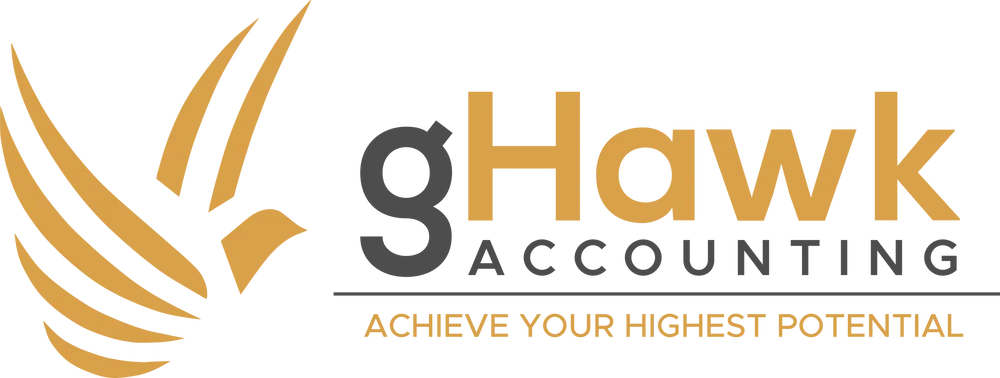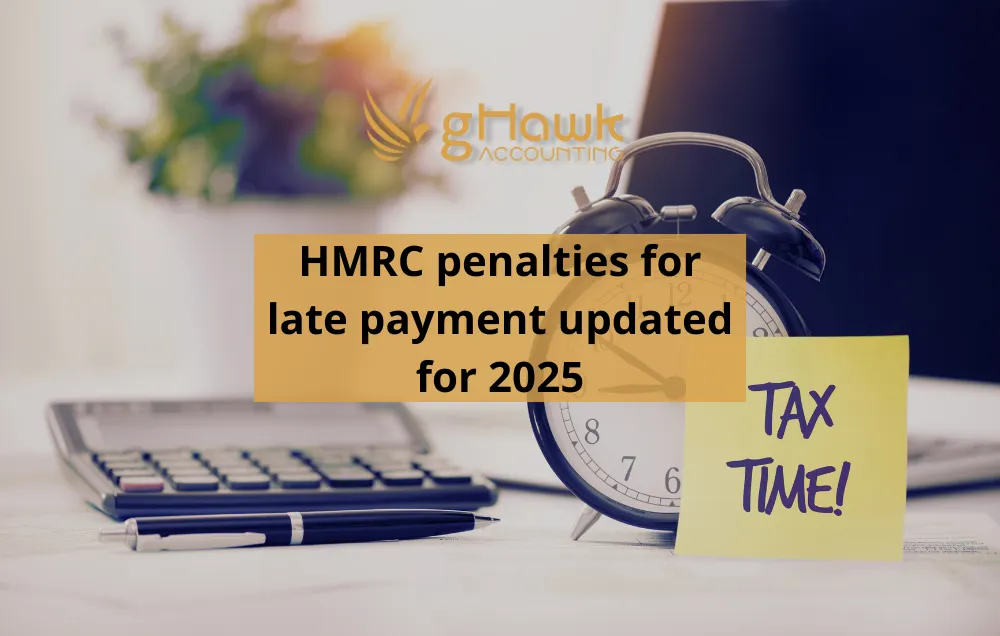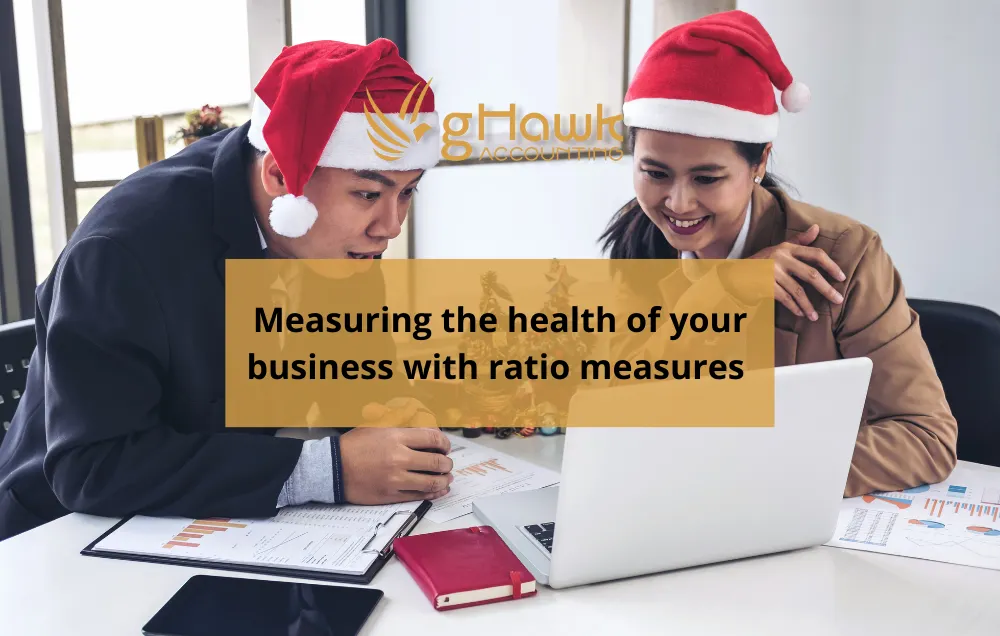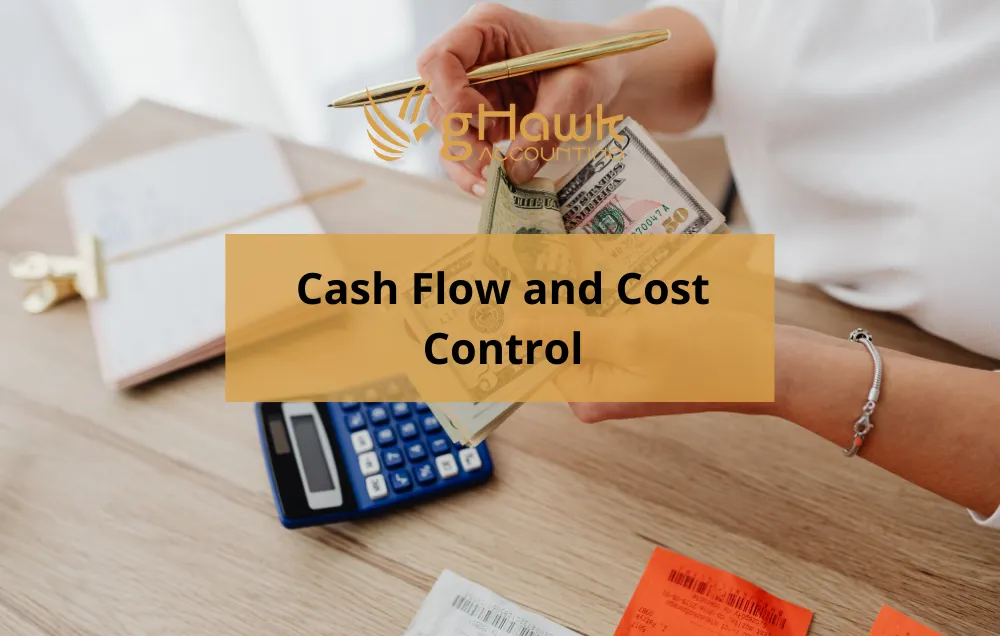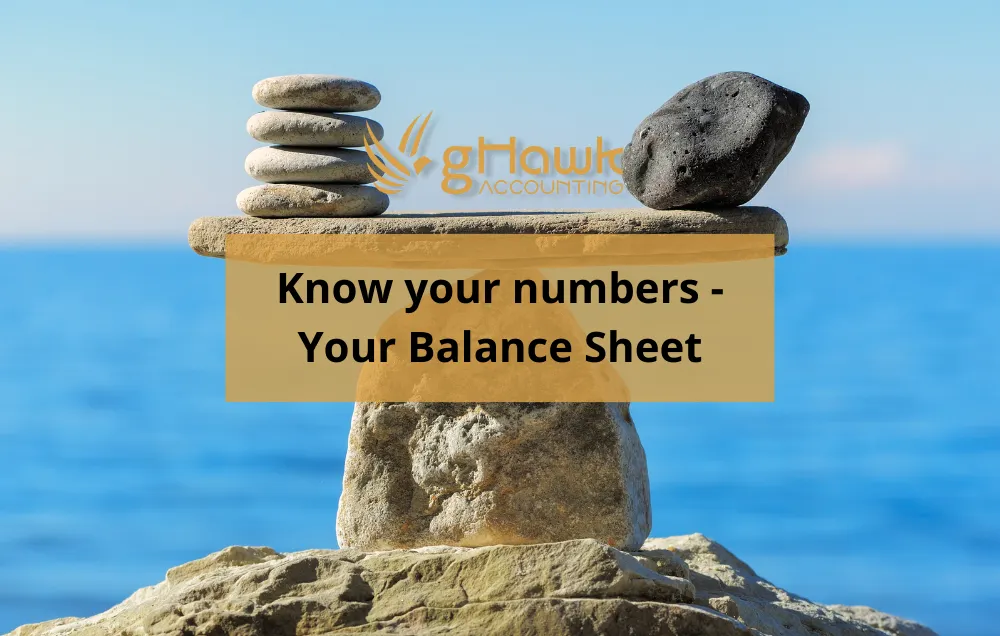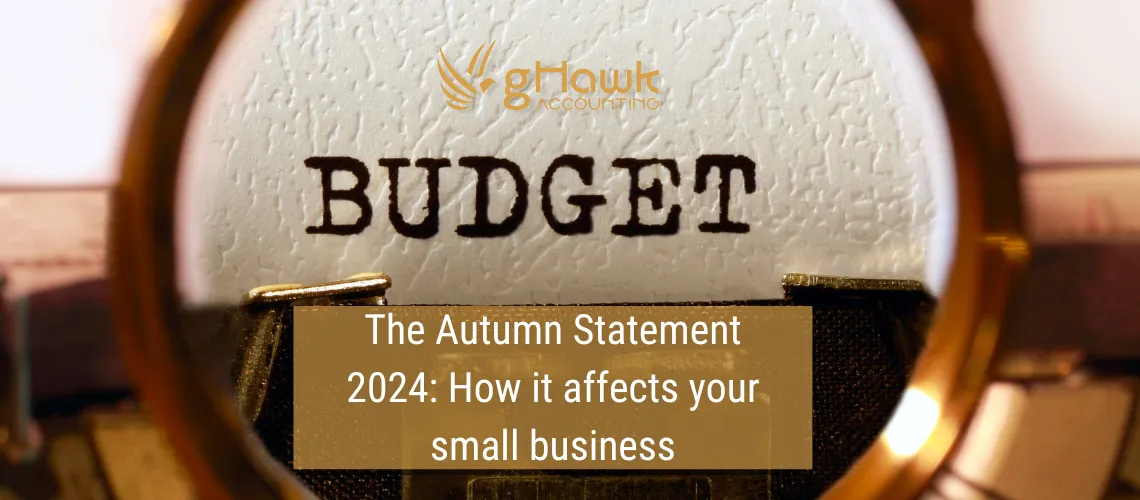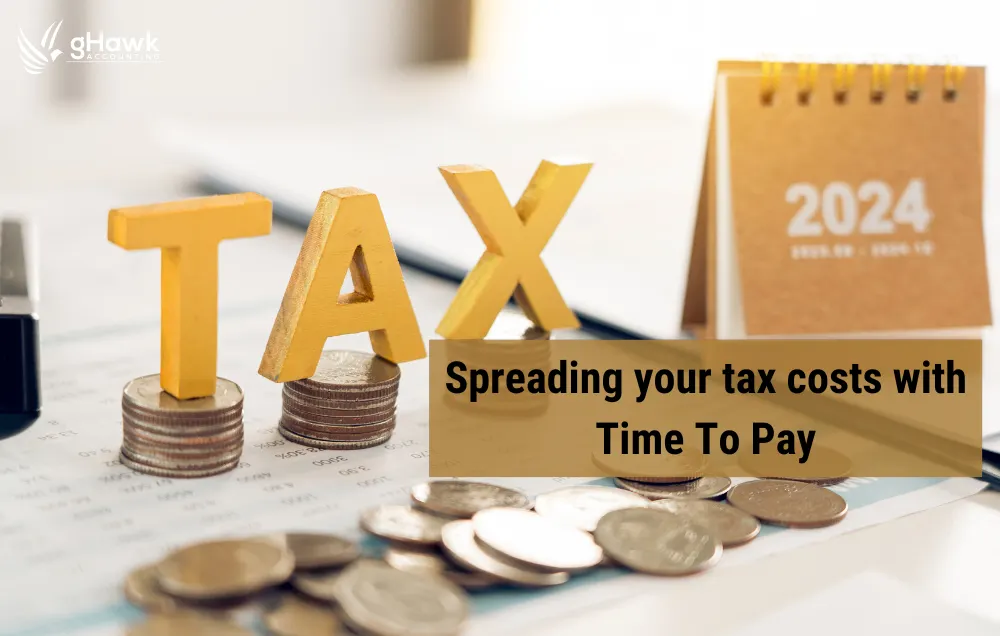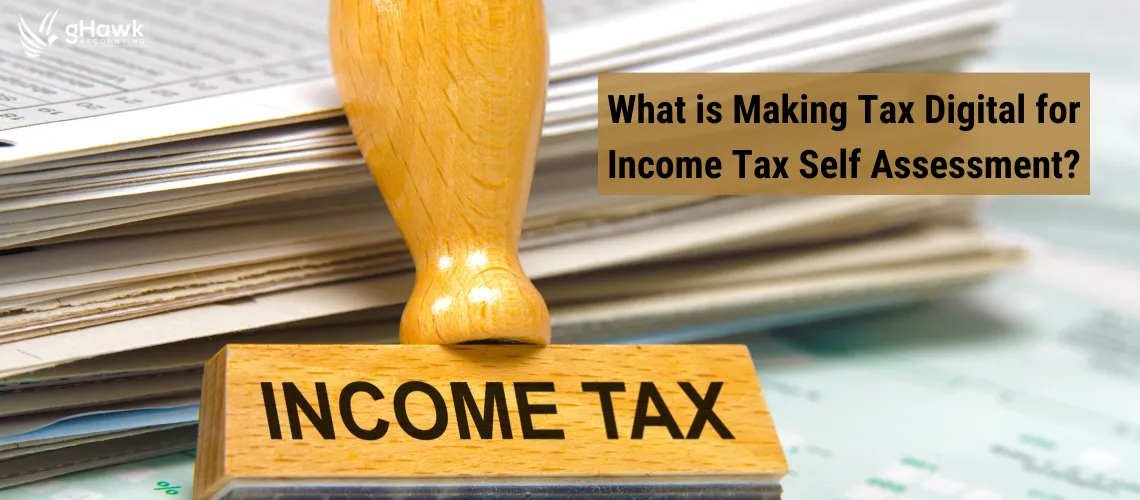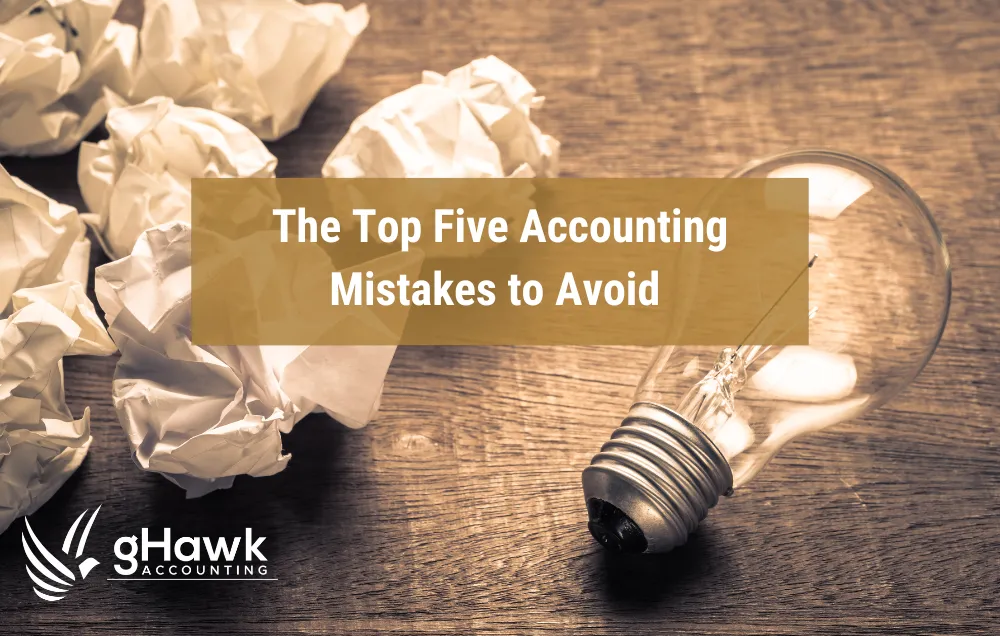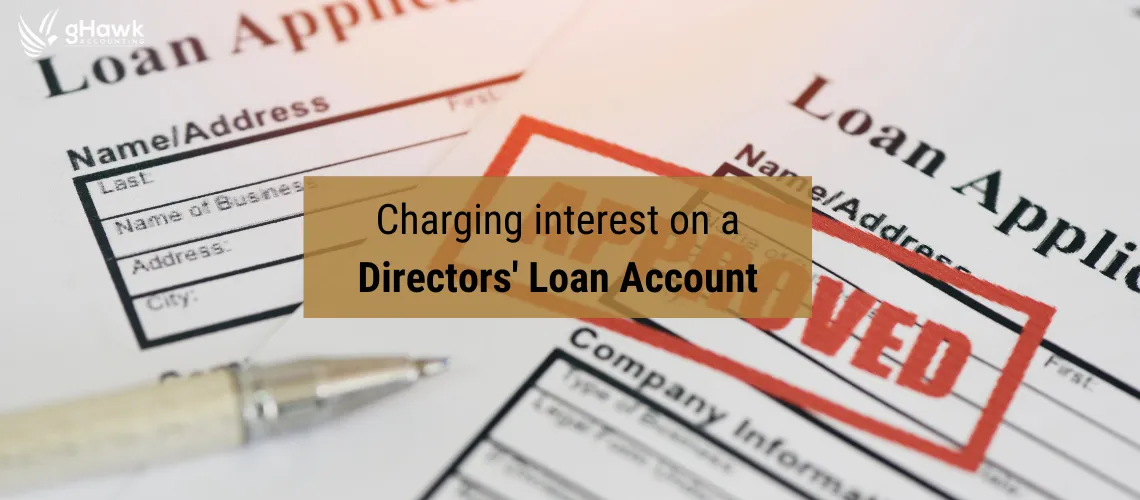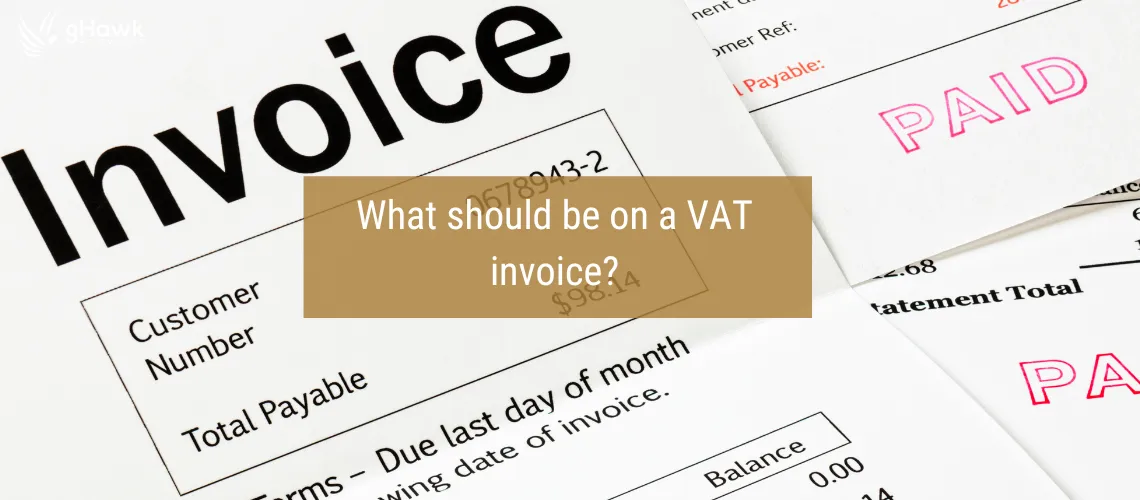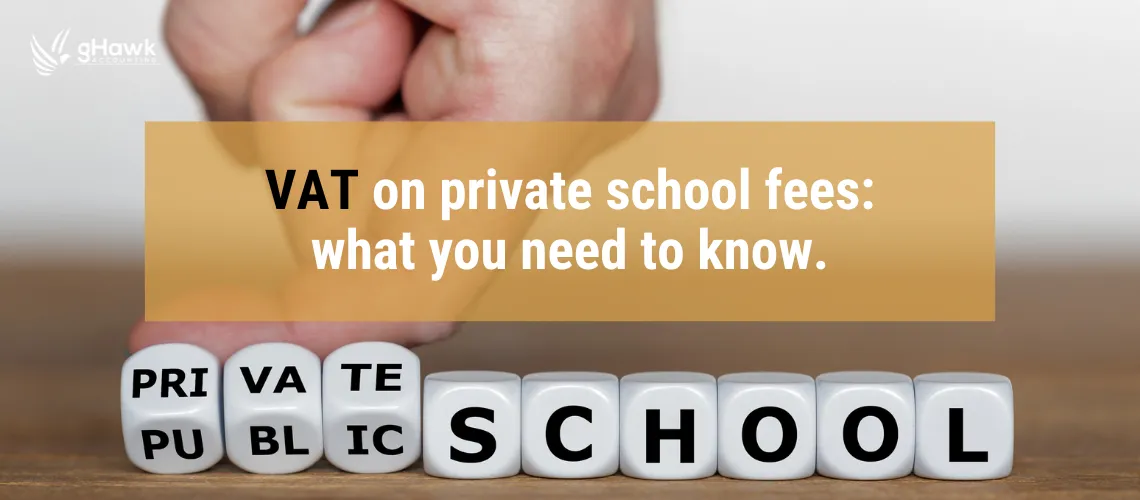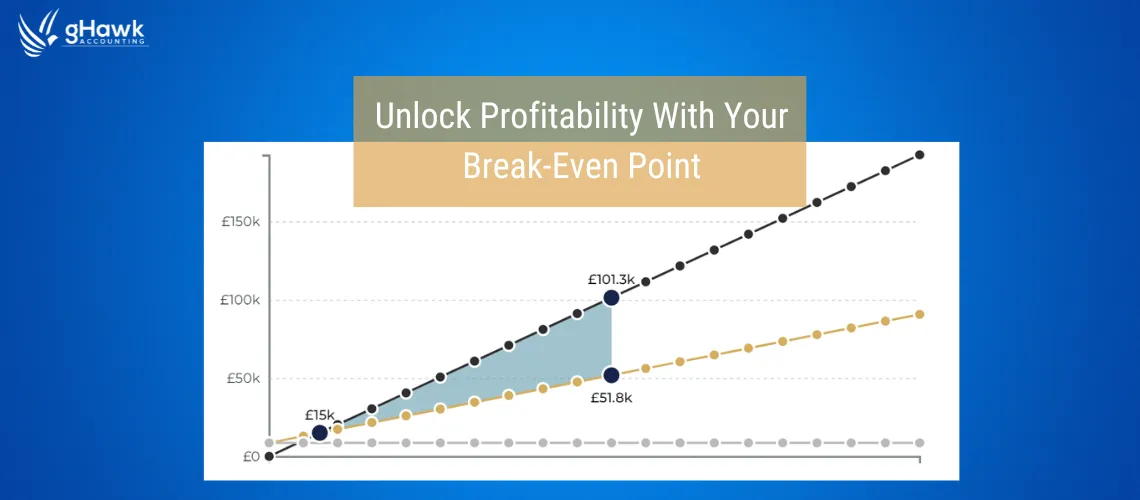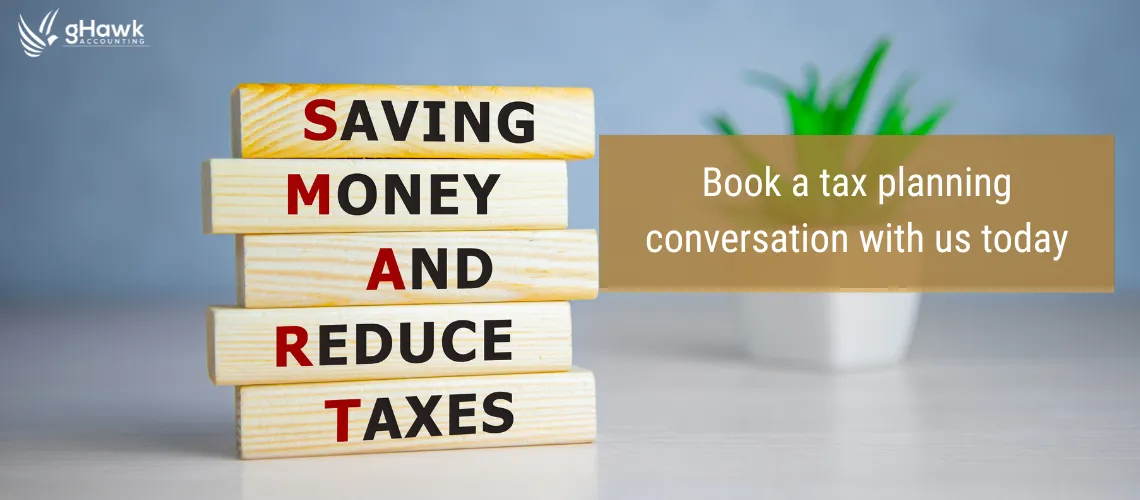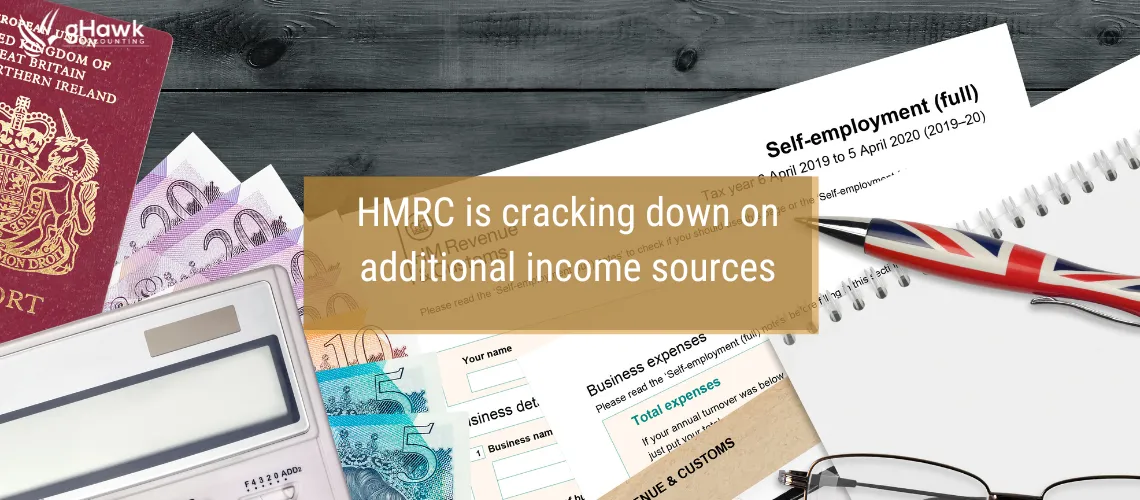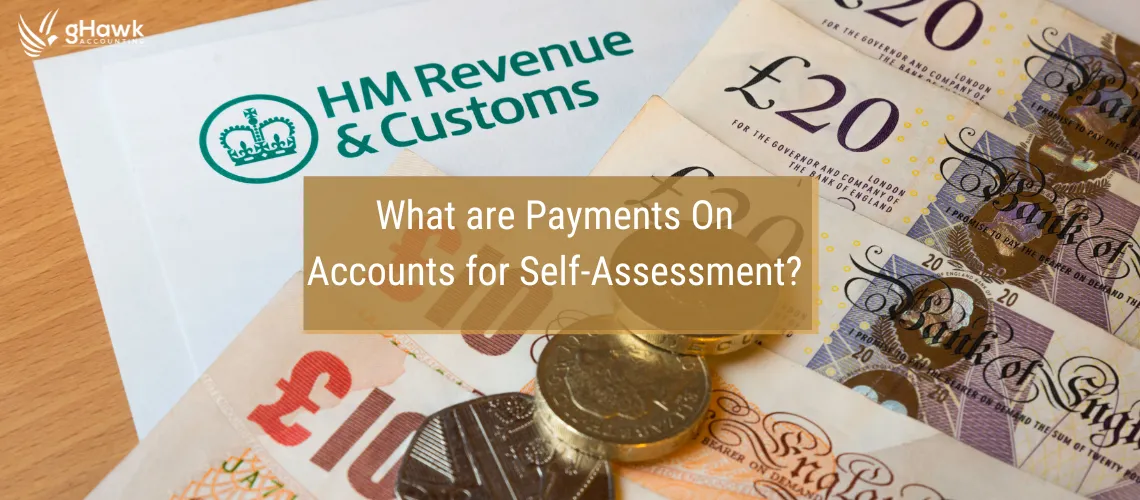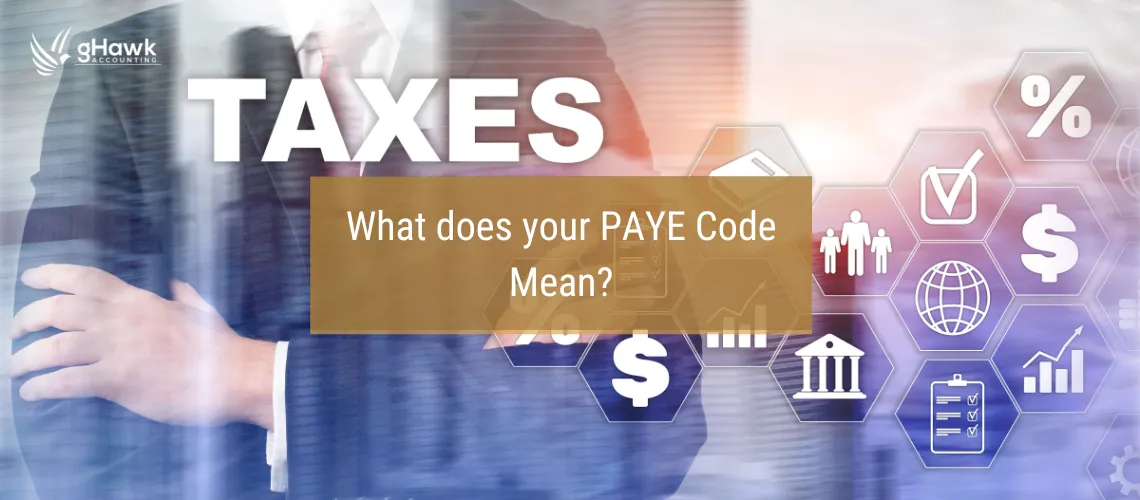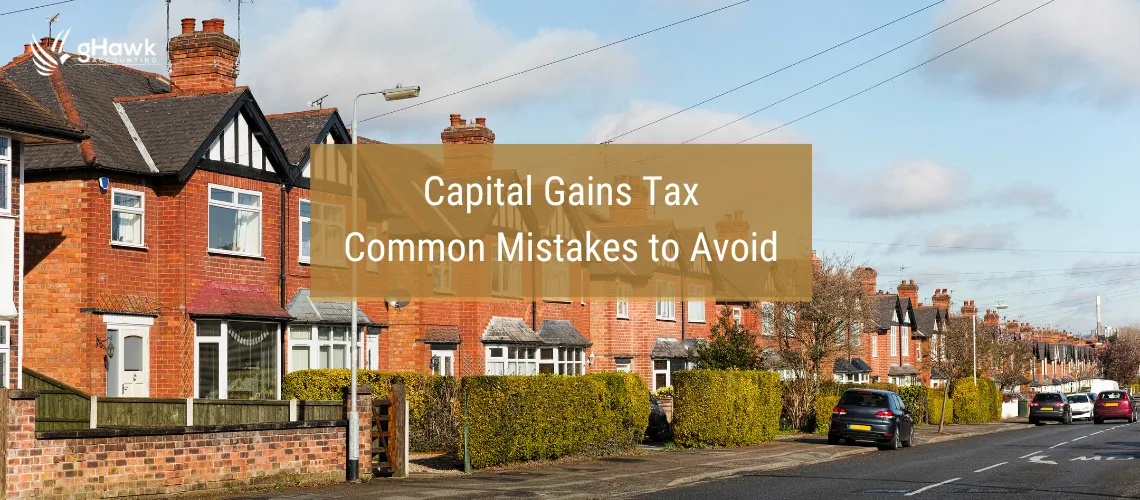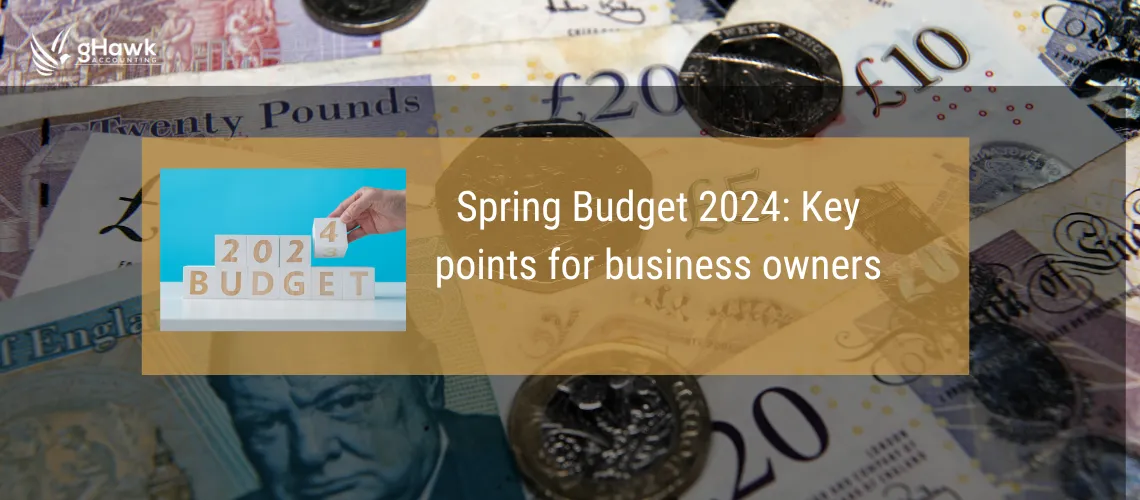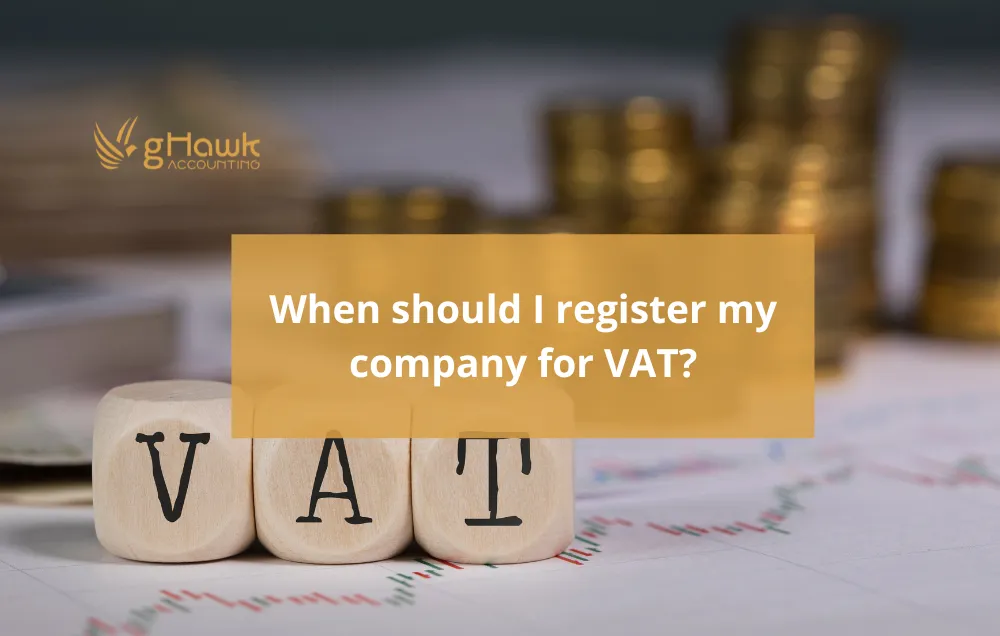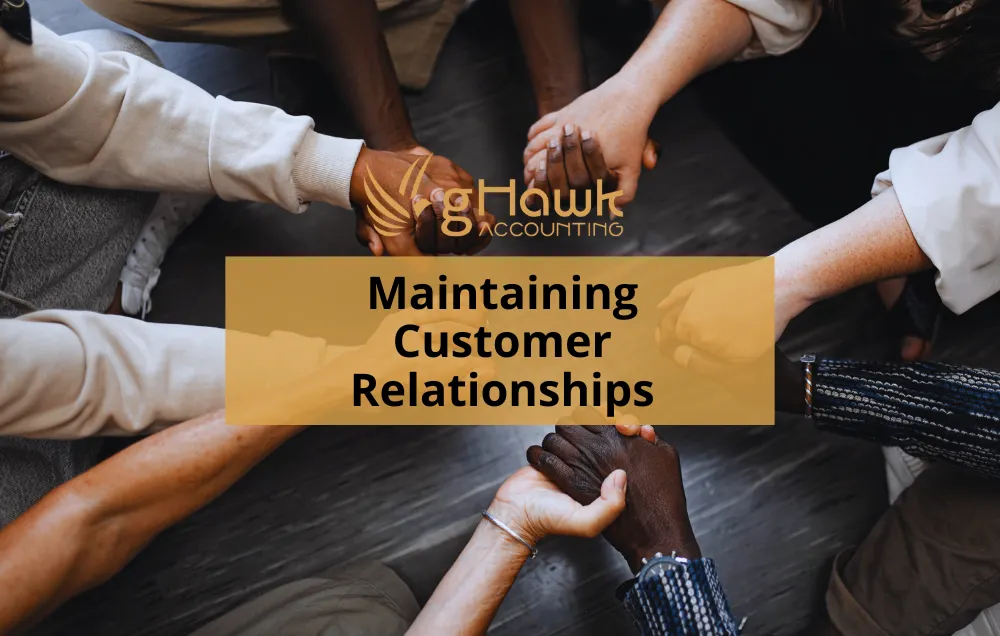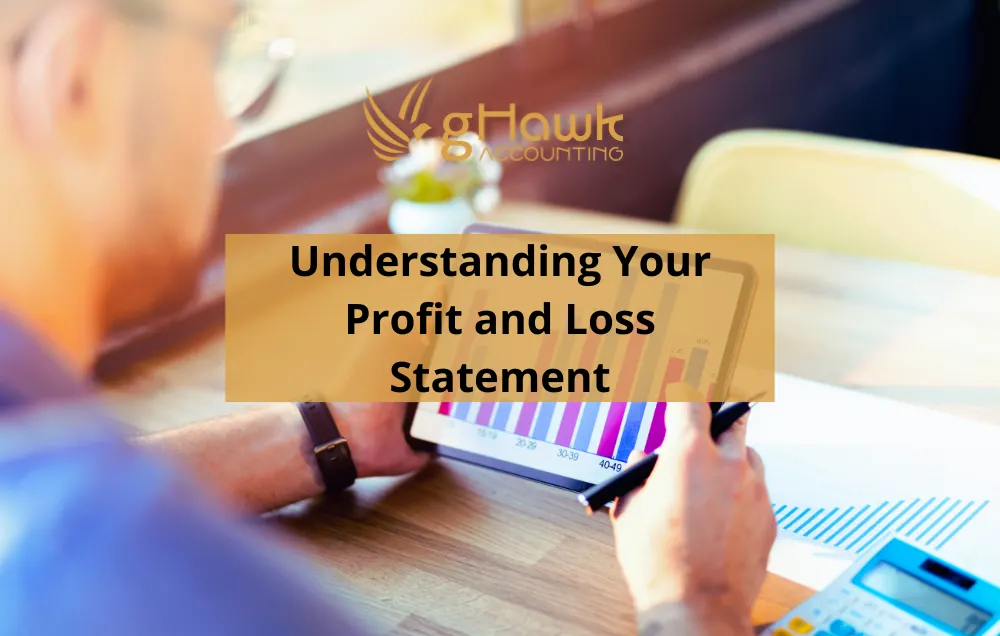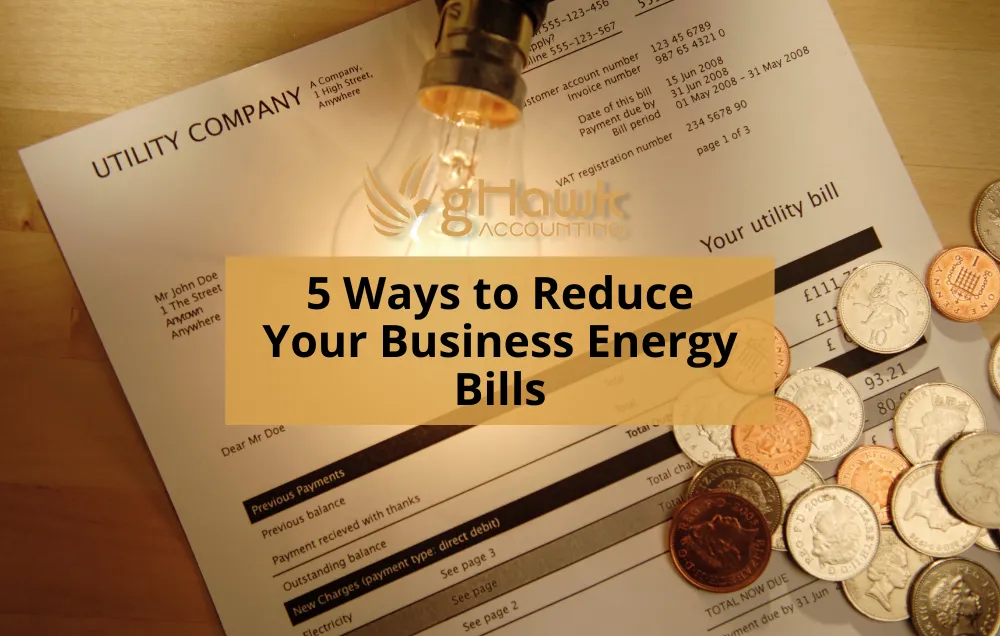Year-End Checklist for Sole Traders & Landlords
As the financial year draws to a close on 5 April, it is crucial for small business owners operating as sole traders and Landlords to ensure that all financial aspects of their businesses are in order.
This checklist will help you get organised for providing information to your accountant, preparing year-end accounts, and filing self-assessment tax returns accurately and efficiently.
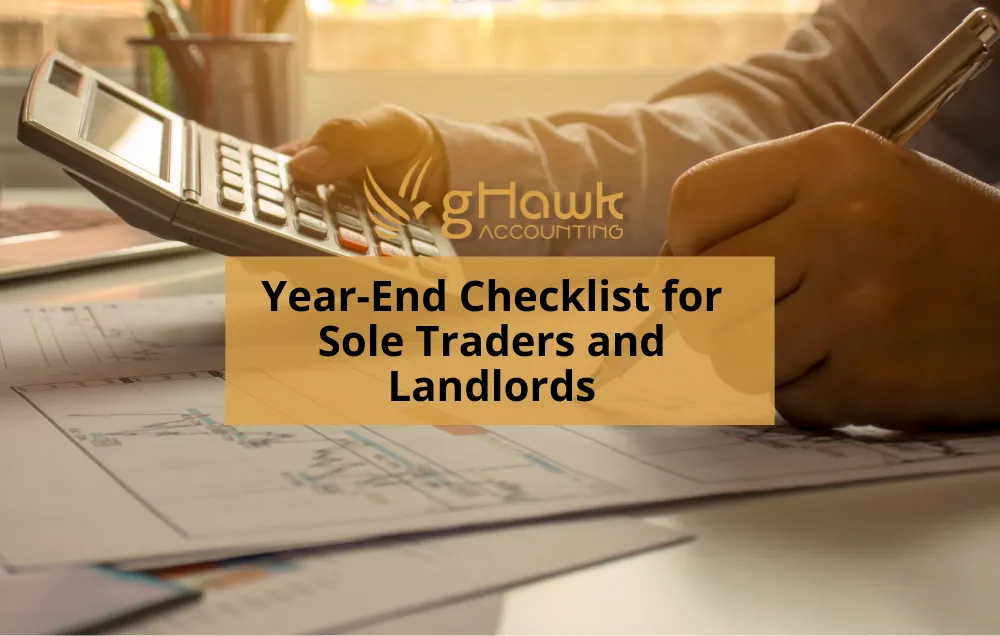
1. Organise Financial Records
Ensure that all financial transactions are up-to-date and properly recorded. This includes:
- Bank statements
- Receipts and bills
- Invoices
- Credit card statements
2. Review Profit and Loss Statements
Analyse your income and expenses to understand your business's financial performance over the year. This will provide insight into sources of income, expenses recorded, and the profit margin.
3. Reconcile Bank Accounts
Ensure that your bank account statements are reconciled with your accounting records. Address any differences to avoid issues during the preparation of year-end accounts.
4. Update Accounts Debtors and Creditors
Clear up any outstanding invoices and payments. Reach out to clients with outstanding bills and settle any due payments to vendors before the year ends.
5. Stock Take
Conduct a physical stock count if your business deals with physical goods. Make adjustments in your accounting system to reflect any discrepancies between book values and physical quantities.
6. Assess Fixed Assets
Review your fixed asset register. Identify any assets that need to be written off or sold and ensure that depreciation has been calculated accurately.
7. Review Expenses and Deductions
Ensure all business expenses have been accounted for and categorize them properly. This includes:
- Office Supplies
- Travel expenses
- Professional fees
Check eligibility and ensure you've captured all potential deductions.
8. Prepare Employee Payroll Information
Ensure that all employee payroll information is accurate. This includes salaries, bonuses, and payroll taxes. Verify year-end reporting, such as P60s for employees.
9. Check VAT Returns
Ensure your VAT returns are accurate and submitted on time. Reclaim any outstanding VAT on eligible purchases if applicable.
10. Review Loan and Bank Agreements
If you have any business loans, ensure you comply with any contract terms set by your lenders. Review loan balances and interest accruals for accuracy.
11. Prepare for Corporate Tax
Compile necessary documents and calculate your corporate tax liability. Ensure that all transactions aligning with tax regulations are ready for your accountant.
12. Plan Ahead for the Next Year
Set financial goals and plan for the upcoming year. Review budgets and forecasts to ensure your financial strategy aligns with business objectives.
Work with gHawk Accounting
By thoroughly preparing and leveraging this checklist, small business owners operating as sole traders and landlords can streamline the process of year-end accounts preparation and filing of self-assessment tax returns.
Working with your accountant with all necessary documents prepared ensures an efficient and accurate reporting period, allowing you to focus on growing your business in the new year.
Talk to us if you need help preparing year-end accounts and filing your self-assessment tax returns accurately and efficiently.
